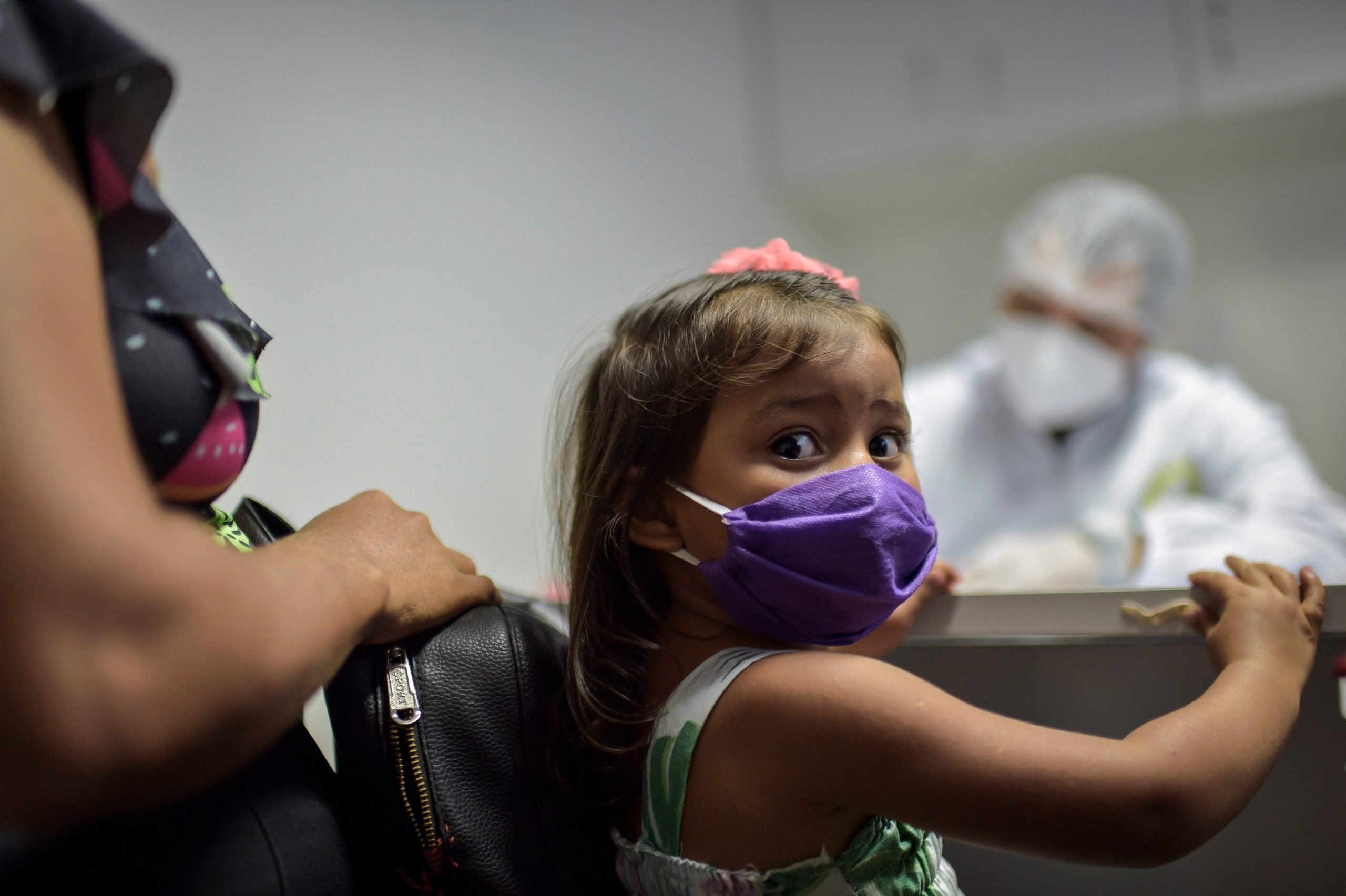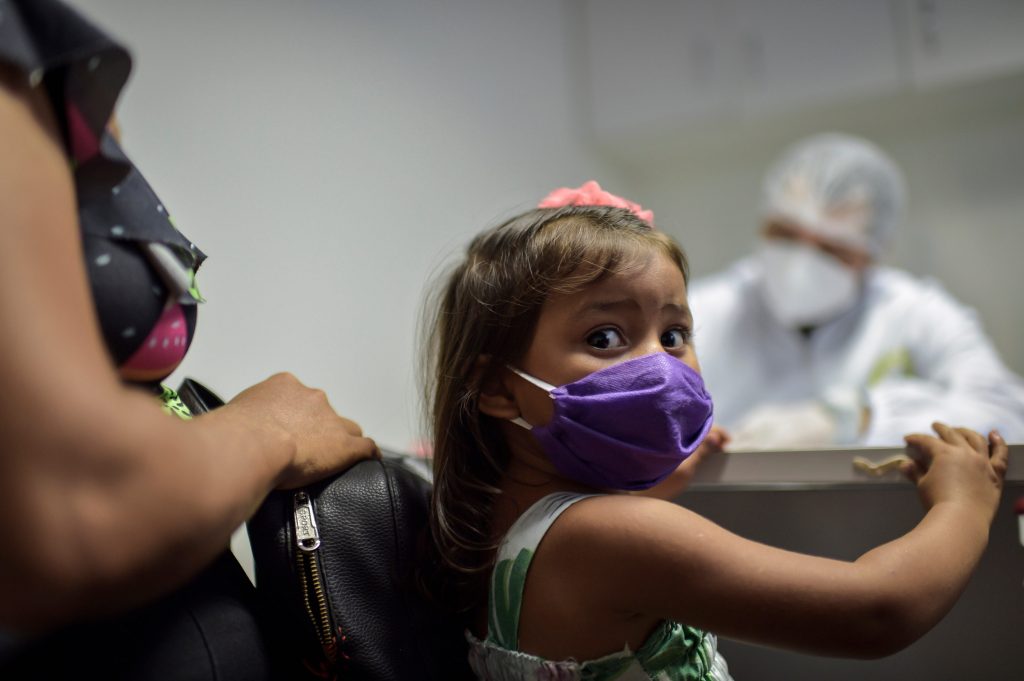
Pedro Vilela/Getty Images
- Coronavirus variants now have simple, easy-to-remember names.
- All variants with worrying mutations will be given a single letter from the Greek alphabet, the WHO said.
- This is to avoid the "stigma" of people referring to them by the country they were discovered in, the WHO said.
- See more stories on Insider's business page.
Coronavirus variants now have new, easy-to-remember names from the World Health Organization (WHO).
This means people no longer have to refer to them by the country they were first discovered, which can be "stigmatizing," the WHO said.
The variants – which have evolved mutations that mean they spread more easily, make people sicker, escape immune responses, evade tests, or render treatments ineffective – will each be assigned a letter from the Greek alphabet, the WHO said in a press release on Monday.
Read more: How coronavirus variants called 'escape mutants' threaten to undo all our progress
Previously, the official names for the variants were complex series of letters and numbers – for example, B.1.617.2. People therefore referred to them by the country they were first discovered.
The names allocated so far are:
- The variant first found in the UK, called B.1.1.7, will be called Alpha.
- The variant first detected in South Africa, called B.1.351, will be called Beta.
- The variant first identified in Brazil, called P.1, will be called Gamma.
- The variant first found in India, called B.1.617.2, will be called Delta.
-Eric Topol (@EricTopol) May 31, 2021
The WHO said it decided on using the Greek alphabet after reviewing many potential naming systems and getting advice from experts worldwide.
The WHO said the scientific names were difficult to say and easy to misreport. "As a result, people often resort to calling variants by the places where they are detected, which is stigmatizing and discriminatory," it said.
Professor Sharon Peacock, director at the COVID-19 Genomics UK Consortium, the organization that tracks variants in the UK, said in January that a standardized global system for naming new variants of concern was "vital."
The language linking variants to the country where they're found was "wittingly or unwittingly linked with blame," she said.
The variant's Greek letter won't fully replace its scientific name - this will still be used for research purposes.

